
Budget for window glass replacement costs based on factors like glass type, window size, window type, glass upgrades, labor, and more.
The average cost to install garden windows is $2,500


Garden window installation costs an average of $2,500, with costs ranging from $400 to $6,000.
Key cost factors include size, materials, brand, and location.
Garden windows provide natural light, year-round plant space, and enhanced aesthetics.
Hiring a professional window installer ensures quality installation and long-term value.
This article was updated using automation technology and thoroughly reviewed for accuracy by HomeAdvisor Editor Ryan Noonan.
Expect to spend an average of $2,500 on a garden window, with most homeowners landing between $1,200 and $3,650. Size, frame, glass type, brand, and regional labor rates all shape your final price tag. A garden window floods your space with plant-friendly sunlight and boosts curb appeal, so set a realistic budget and hire a professional installer to ensure the upgrade goes smoothly and stands the test of time.
Garden windows extend outward from your home, creating a box-like structure with two side panels, a front panel, and a top panel pitched at approximately 45 degrees to allow proper runoff and increased natural light.
Similar to a bay window, a garden window features a deep sill that allows you to keep herbs or small plants year-round. Although many homeowners tuck one above the kitchen sink, a window pro can install it wherever you want to boost sunlight and give your plants a dedicated perch.
It’s essential to consider common cost factors, such as size, labor, and permits, when planning your garden window budget.
Size is the most significant factor in determining the price of your garden window. Replacing a window costs less if you swap the old window for a new one of the same size. Replacing a window with one of a larger size requires more preparation work to accommodate the increased wall size and additional finishing work to repair the surrounding area. Installing a window costs more than replacing an existing one.
Here are the cost ranges for various sizes of garden windows, excluding labor.
| Size (In.) | Cost Range (Window Only) |
|---|---|
| 24x30 | $500–$1,400 |
| 30x30 | $700–$1,500 |
| 36x36 | $875–$1,500 |
| 36x48 | $900–$1,600 |
| 40x26 | $1,000–$2,600 |
| 48x48 | $1,050–$3,200 |
| 60x72 | $2,000–$6,000 |
Hiring a local window professional adds 20% to 35% to the window cost—or $300 to $1,500—depending on the complexity of the job.
Labor costs should include the actual installation, as well as removal, disposal, and cleanup. Steps involved in installation may consist of:
Covering floors and furniture in the interior to prevent damage
Carefully removing the existing window
Flashing out to prevent leaks
Insulating with high-quality foam
Installing the window
Caulking inside and out around sills and moldings
Cleaning up and disposing of materials and debris
Replacing a window with one of the same size often does not require a permit. However, in most locations, making structural changes—such as enlarging an existing window opening or adding a new window—will likely need a permit. Your window contractor will be knowledgeable about local requirements and can assist you with the permit process.
Standard single-pane glass without any coatings is the most budget-friendly option, but it’s also the least efficient. Triple-pane glass delivers top-tier performance—and the highest price tag. Unless you live in a very cold climate, most homeowners find that double-pane windows strike the right balance between cost and efficiency.
You can further enhance performance by selecting specialty glass. Low-E coatings are the most common because they slow down heat transfer, helping your room stay comfortable year-round without a significant increase in price.
Choosing operable panes adds to the price because the extra hardware and labor raise costs. Fixed windows are simpler—and therefore cheaper—to build and install. A garden window with one operable pane costs less than a model with two panes that open.
Cutting a brand-new opening—or enlarging an existing one—takes more time, so you’ll pay extra for labor and permits. Swapping in a same-size replacement is quicker and usually keeps fees down, because the wall framing stays intact.
The cost range for a garden window largely depends on the material you choose. Aluminum is often the most cost-effective option, while wood and fiberglass styles fall toward the higher end of the price range.
| Material | Cost Range (Installed) |
|---|---|
| Aluminum | $900–$2,600 |
| Vinyl | $1,000–$3,100 |
| Wood | $1,200–$3,800 |
| Fiberglass | $1,100–$3,200 |
For an aluminum garden window, expect to pay between $900 and $2,600. Aluminum windows are lightweight, strong, and affordable, but they’re not energy efficient, as the frames conduct heat easily. While a solid, economical choice in a moderate climate, aluminum windows aren’t the best option for cold climates.
Vinyl garden windows can range in price from $1,000 to $3,100. Vinyl frames are a good compromise between price and quality. They’re low-maintenance, energy-efficient, and won’t rot or grow mold. However, they’re not the most attractive and aren’t flexible when it comes to home improvements.
Wooden-framed garden windows cost between $1,200 and $3,800 to install. Wood garden windows are a premium home addition with a high-end look and price. However, they also need more attention and maintenance to prevent rot, mold, and moisture damage. Wood frames’ exteriors are also commonly clad with aluminum or vinyl to avoid decay and to ensure longevity.
While prices vary based on size, frame material, and location, a variety of popular brands offer garden window installation at different price points. Be sure to shop around to find a style that suits your home and a price point that falls within your budget.
| Brand | Average Cost | Warranty Length |
|---|---|---|
| ThermaStar by Pella | $500 | 10-20 years |
| Jeld-Wen | $600 | 10-20 years |
| Andersen | $700 | 10-20 years |
| Harvey | $600 | 20 years–lifetime |
| Milgard | $1,000 | Lifetime |
Prices for ThermaStar by Pella garden windows vary by size but start at about $500. Vinyl windows from Pella come with a limited warranty that covers non-glass components for 10 years and glass components for 20 years.
The price of Jeld-Wen vinyl garden windows starts at about $600. Jeld-Wen offers a limited warranty; glass coverage lasts 10 to 20 years. Vinyl components come with a lifetime warranty.
Prices for Andersen garden windows—known as box casement windows—start at $700. They have vinyl exterior and wood interior frames. Andersen windows come with a limited warranty. The glass portions are covered under a 20-year warranty, while the non-glass parts are covered under a 10-year warranty.
Harvey garden windows cost about $600 at the low end. The vinyl components of Harvey windows come with a lifetime warranty, while the glass has a limited 20-year warranty.
Prices for Milgard garden windows start at $1,000 for a 35-inch by 35-inch window. Milgard offers a full lifetime warranty on all components.
You might shave some money off the budget by installing the window yourself, but set aside at least two full days and be comfortable with advanced carpentry skills.
To protect your investment, consider hiring a professional window installer near you. Mistakes can lead to leaks, drafts, and costly repairs down the road. A trained installer delivers a tight, energy-efficient fit that safeguards your home and gives you long-term peace of mind.
Garden windows can enhance a home's value by adding charm, natural light, and functional space. These windows create a cozy nook that’s perfect for plants, herbs, and decor. Prospective buyers appreciate the character and utility these windows offer to kitchen or living areas. While the value boost is often modest, they can help your home stand out in a competitive market.
No place is more important than your home, which is why HomeAdvisor connects homeowners with local pros to transform their houses into homes they love. To help homeowners prepare for their next project, HomeAdvisor provides readers with accurate cost data and follows strict editorial guidelines. After a project is complete, we survey real customers about the costs to develop the pricing data you see, so you can make the best decisions for you and your home. We pair this data with research from reputable sources, including the U.S. Bureau of Labor Statistics, academic journals, market studies, and interviews with industry experts—all to ensure our prices reflect real-world projects.
From average costs to expert advice, get all the answers you need to get your job done.

Budget for window glass replacement costs based on factors like glass type, window size, window type, glass upgrades, labor, and more.
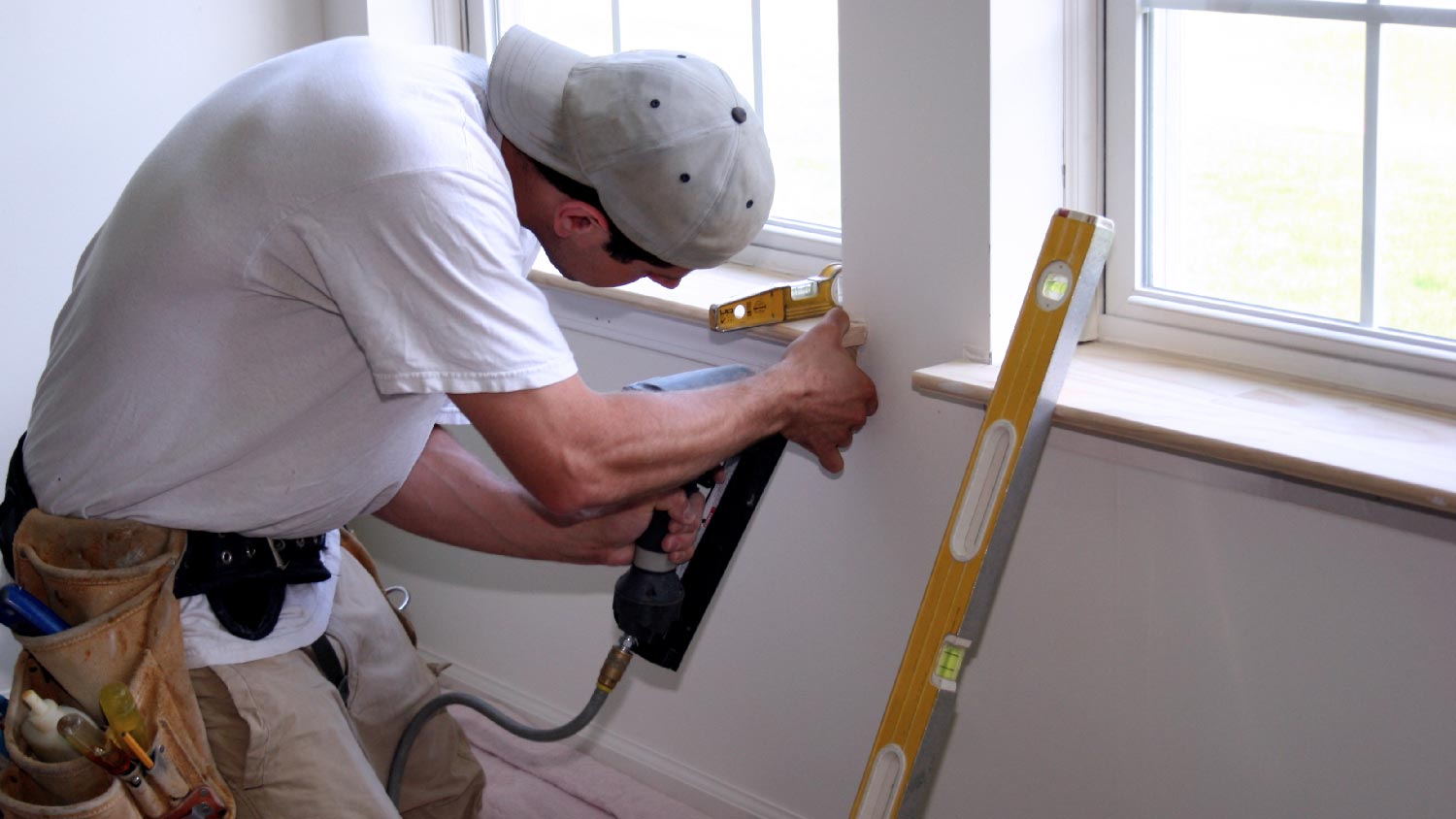
Who replaces window sills? Learn when to hire a window repair company vs. a handyperson or carpenter and what affects cost
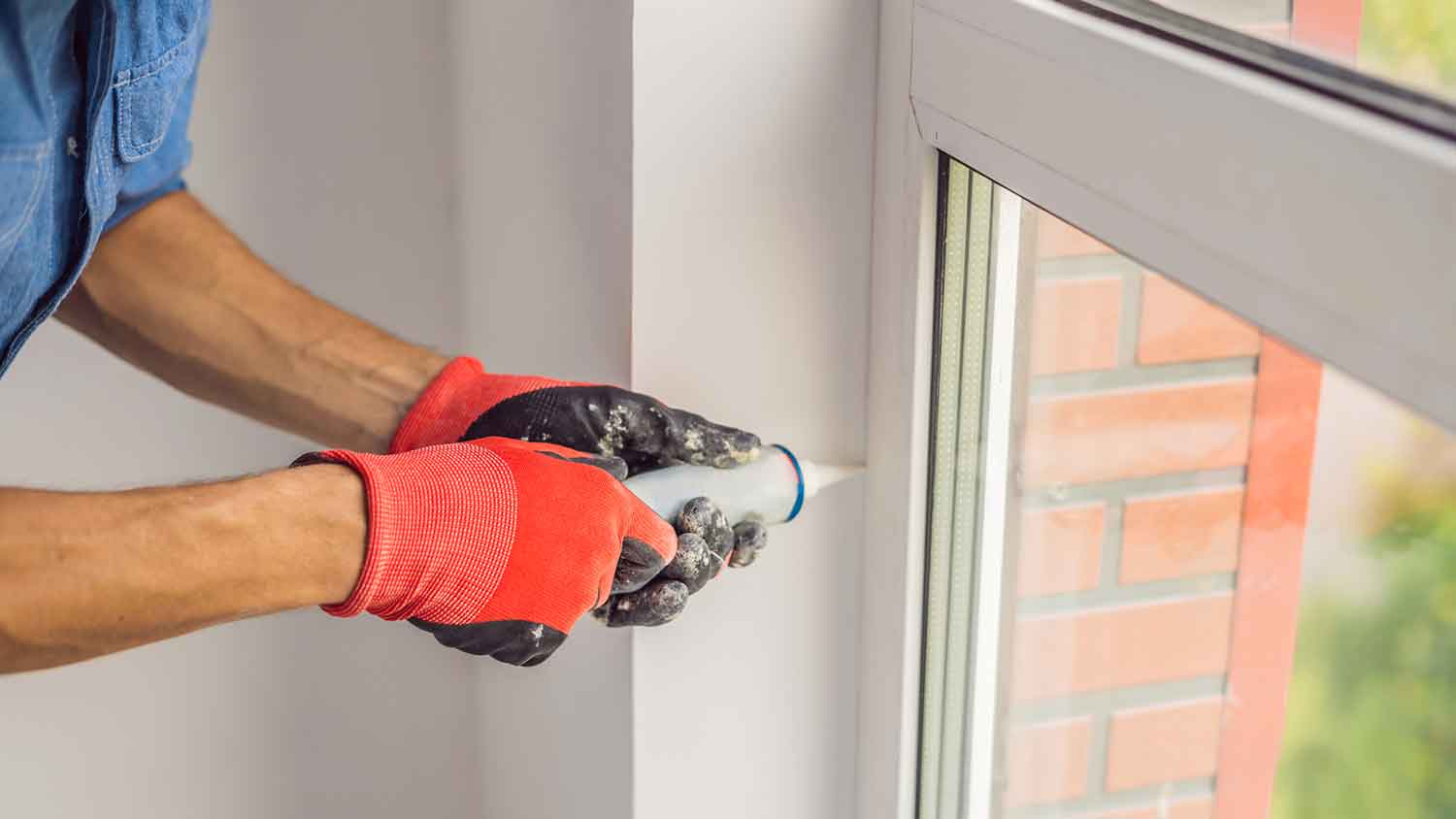
Who to call for window leak repair? Learn which pro fixes leaky windows, repair steps, and costs so you can hire with confidence
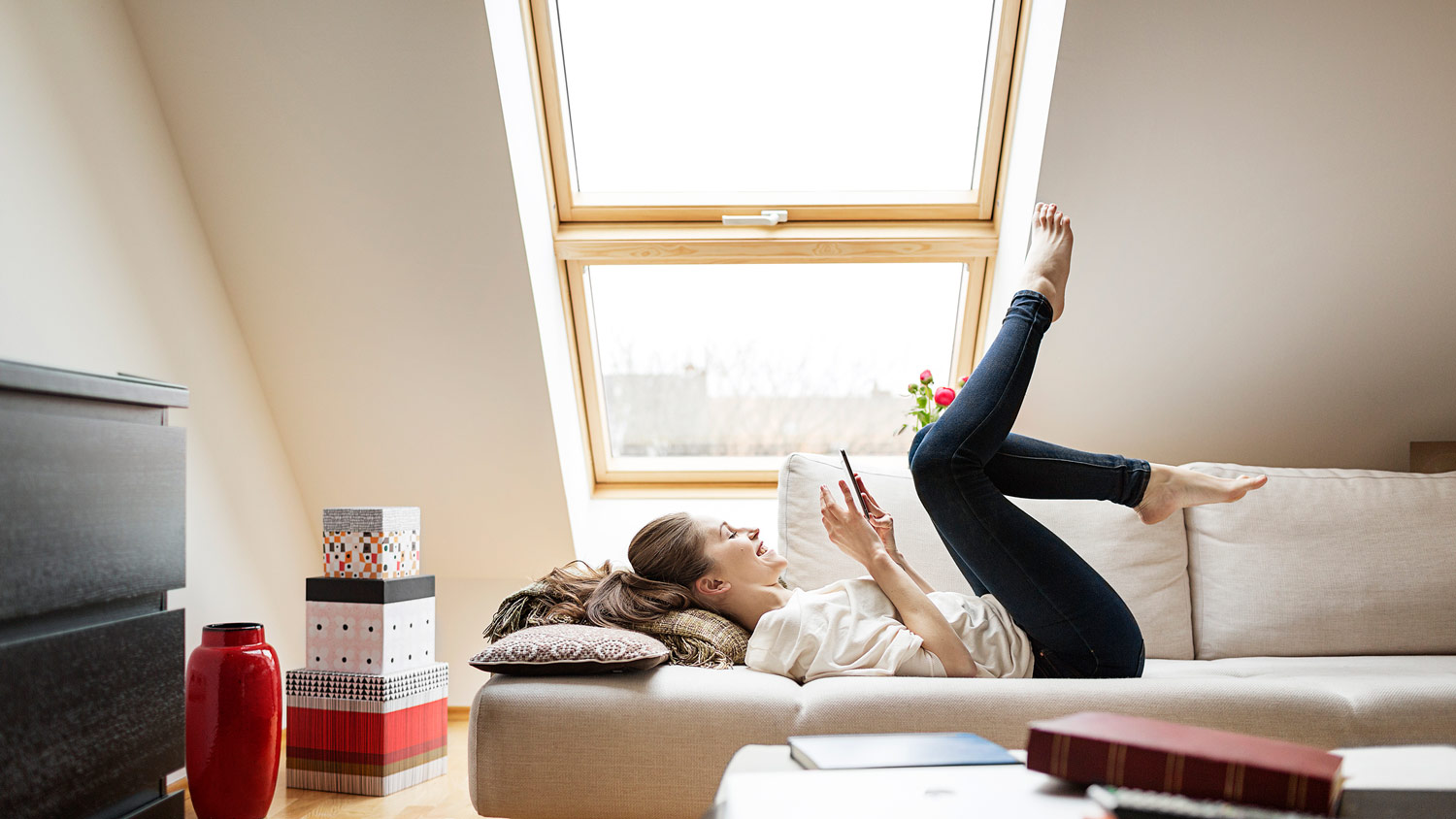
Wondering who to call to fix an egress window? Learn whether to hire a window repair specialist, general contractor, or handyperson and what they do.
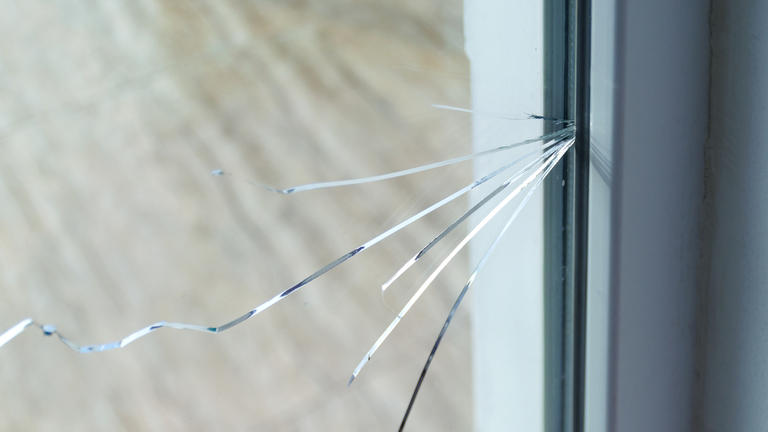
Who do you call to fix a broken window? Learn whether to hire a window repair team or a handyperson, how pros work, and what affects cost.
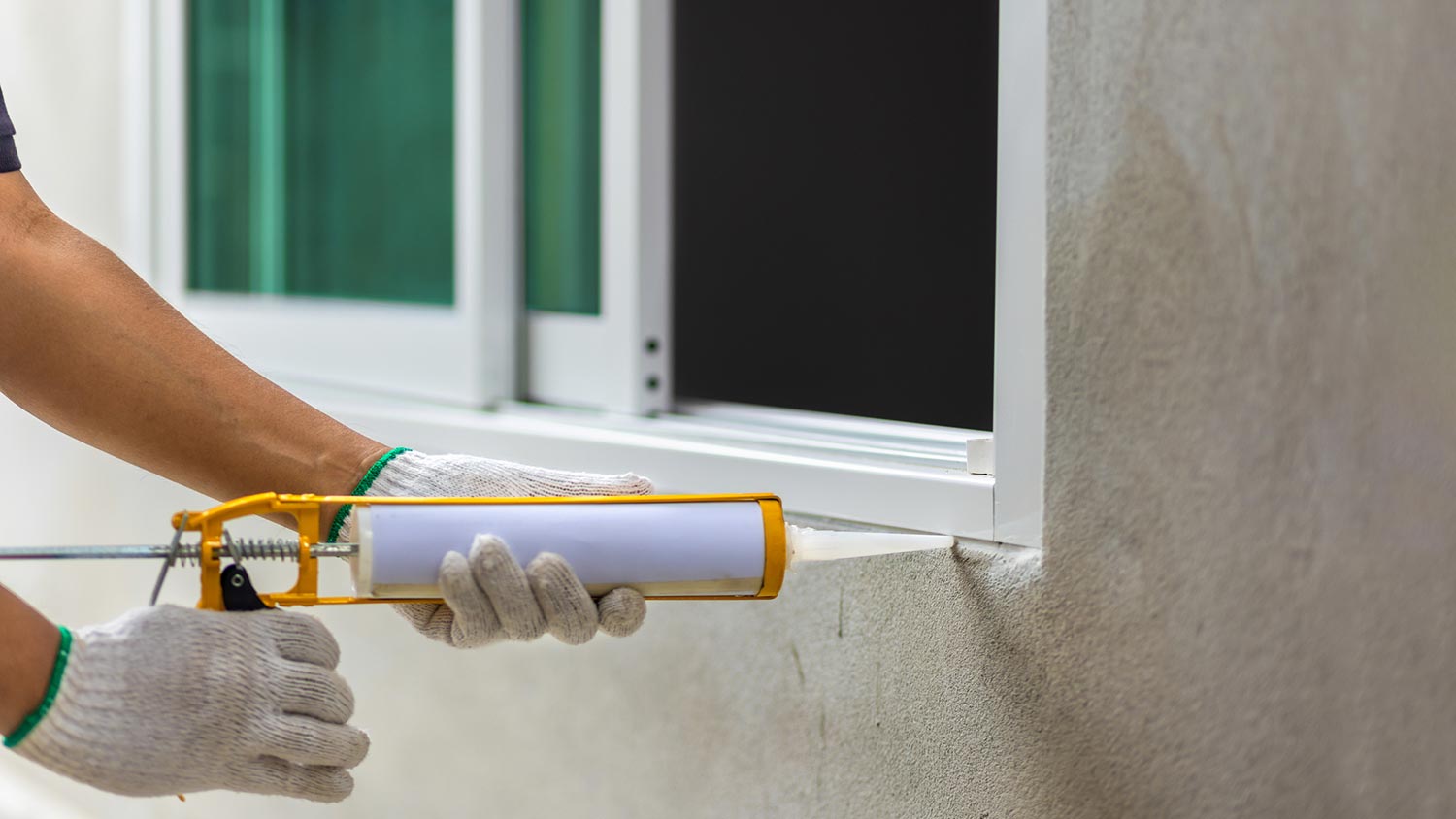
Who to hire to caulk windows? Compare a window repair team vs. handyperson, see what pros do, and learn the typical rates for pros.